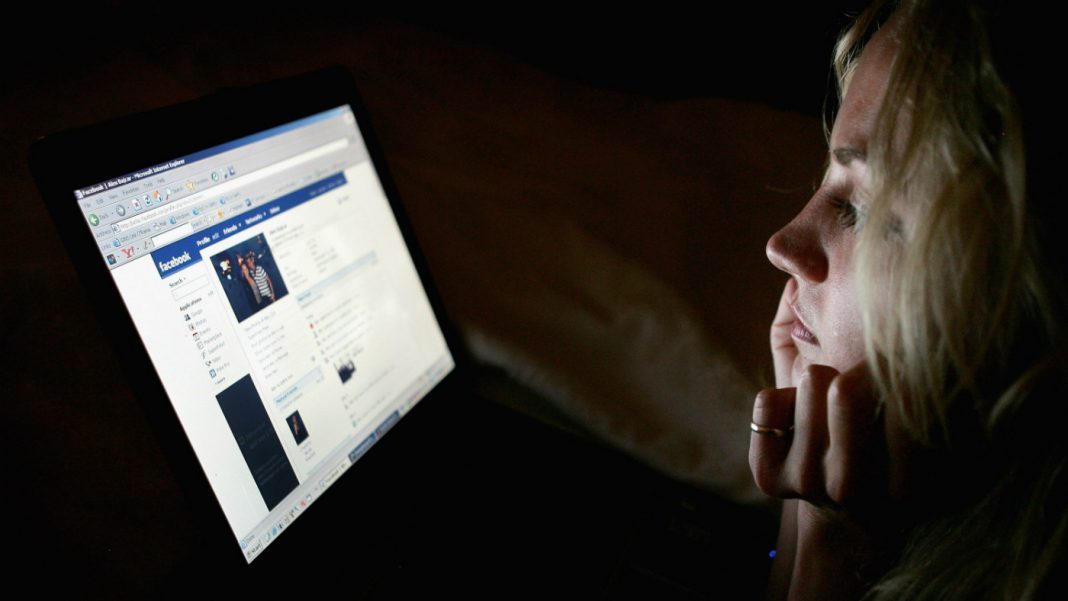Social Media – Meaning And Current Outreach
Social media is a computer generated technology. It facilitates interaction in the form of creating and sharing information and ideas, whether personal or professional, through virtual networks.
Presently, social networks are very well established. Apparently, the usage level of top social media sites, varies widely in different countries and regions. According to the Global Digital Report of 2019, the number of social media users worldwide, this year is 3.484 billion.
Social Media And Mental Health
Be it Facebook, Instagram, Twitter, Youtube or any other popular site, mentally ill patients are progressively taking on to social media to express their infirmity with those in similar situation. Ultimately, this voluntary communication amongst individuals online could enhance a sense of belongingness, hope, and strategies for survival with mental illness could be formulated. Interacting with peers, sharing day-to-day experiences, challenges, healthcare insights, etc. may create opportunities to confront stigma and promote physical and mental wellbeing.
Perhaps, we need to consider potential unanticipated risks like exposure to ambiguous information, intimidating or offensive comments from people, or feeling of insecurity about one’s health status. Evidently, till date, the advantages of online peer-to-peer connection are seen to have overshadowed the latent risks.
The Pros And Cons Of Social Networking On Teenagers’ Mental Health
A study conducted by the University of Pittsburgh, for example, established a link between negative impact on body image and time spent on social media apps. Eating and body image issues were reported 2.2 times more from those spending more time on social networks. Participants of the study who scrolled through social media for a longer duration were at 2.6 times more threat. The findings of another research by the University of Pittsburgh School of Medicine revealed sleeping disorders and depression symptoms in youngsters who spent long hours on social media.
Positive Aspects
Apparently, social media makes communication easy and prompt. Teenagers who lack social skills, introverts or those who fear face-to-face interaction with other teens, no matter what gender, may benefit from socializing through social media. Connection with similar groups via social media can help teens with mental illness to find more support and come out of seclusion.
The Negative Effect
Symptoms of anxiety and/or depression may result from elongated periods invested in social media. The desire of obtaining unlimited likes and compliments on social media platforms can lead teens to indulge in unreasonable activities, like faking their identity or looks, and getting involved in unsafe cyber issues. Both teen boys and girls can fall victim to anxiety and depression to the extent of suicidal contemplation through cyberbullying. Cyberbullying is a form of harassment or bullying by means of electronic media. Commonly, teenagers keep comparing themselves with their peers, which can have an adverse affect mentally. Moreover, privacy can be hampered as personal pictures and videos can be viewed by anyone who may also misuse it. Interacting more via social media can make teens less confident when it comes to face-to face meetings.
New Research
A new research suggests that social networking sites can minimize the risk of falling into depression or anxiety in adults. Former studies have shown that social media can lead to psychological distress, anxiety, isolation and depression. For instance, a 2019 research suggested that “quitting Facebook may improve overall well-being”. Psychological distress may be caused by inferiority complex issues relating to less education, poor family income or lack of shelter and security. However, according to a study by undergraduates in 2018, scrolling through social media for just round half an hour a day may be beneficial for mental health.
The findings of Keith Hampton, a professor of media and information at Michigan State University in East Lansing, revealed that 63% of social media users experienced less mental health problems were than those who were not on it. Social media helped people to get connected with friends and family worldwide and to access healthcare information. This could help the victims of depression and anxiety.
Further Research Required To Tackle Methodological Challenges
Certainly, more research and findings in the near future will be necessary to hit upon more accurate links between social networking and mental health. Whether these social sites will create enough opportunities to recover, encourage and support mental health patients by online peers or not, only time will tell. Determined attempts will be required to deal with the challenges like assessing of interventions brought about by social media. Also collection of useful information online, which can actually have a positive impact on physical and mental health can be challenging. Hence, it has to be done carefully.


















